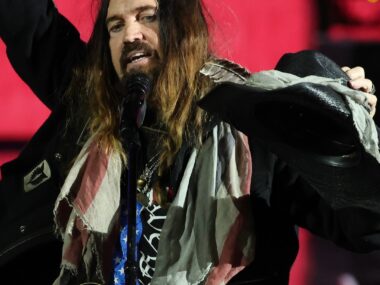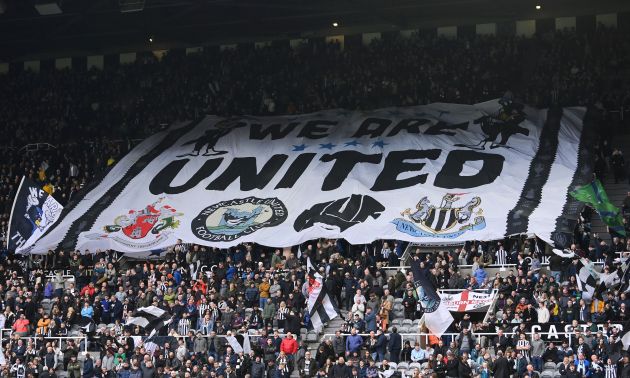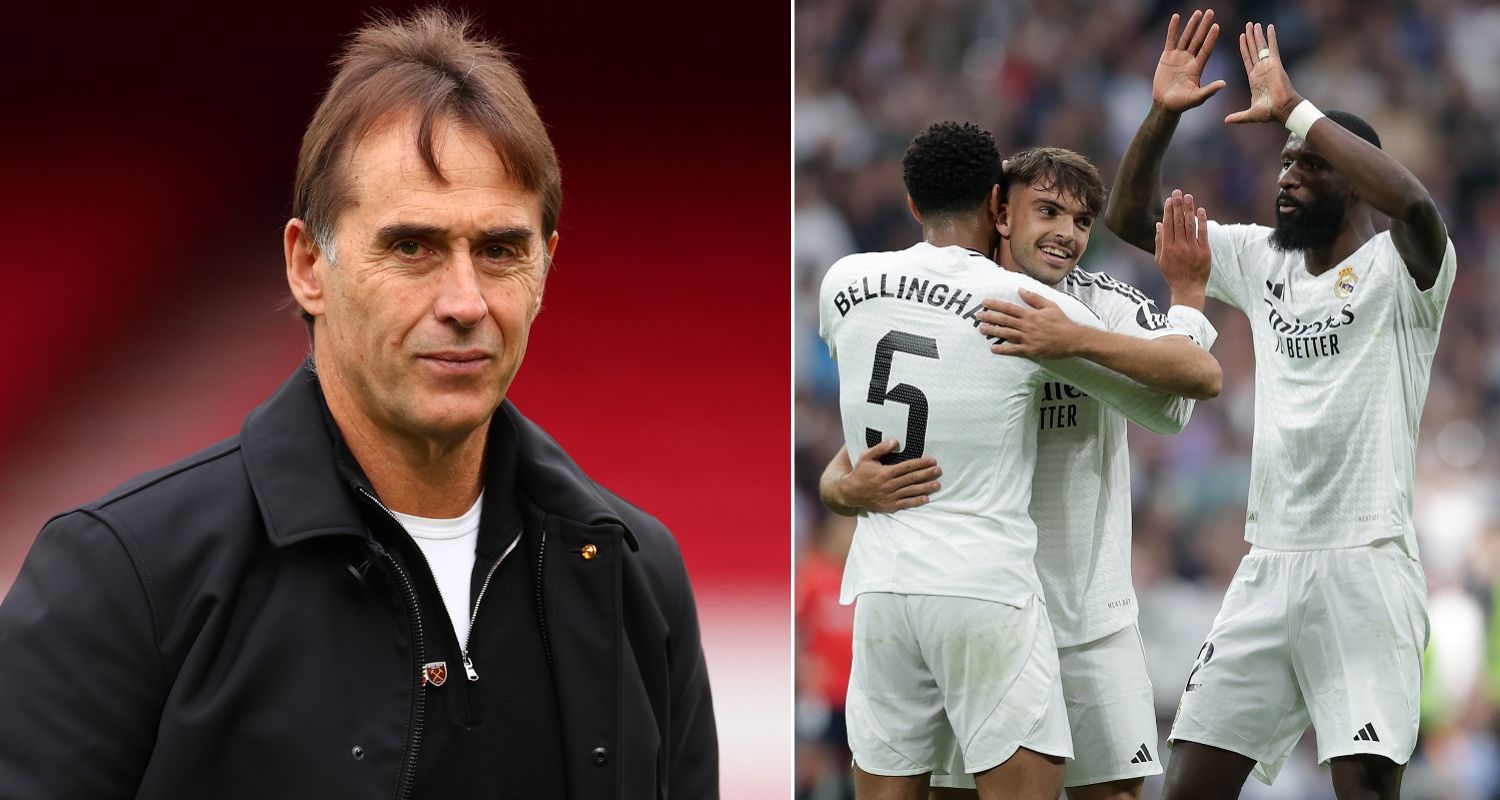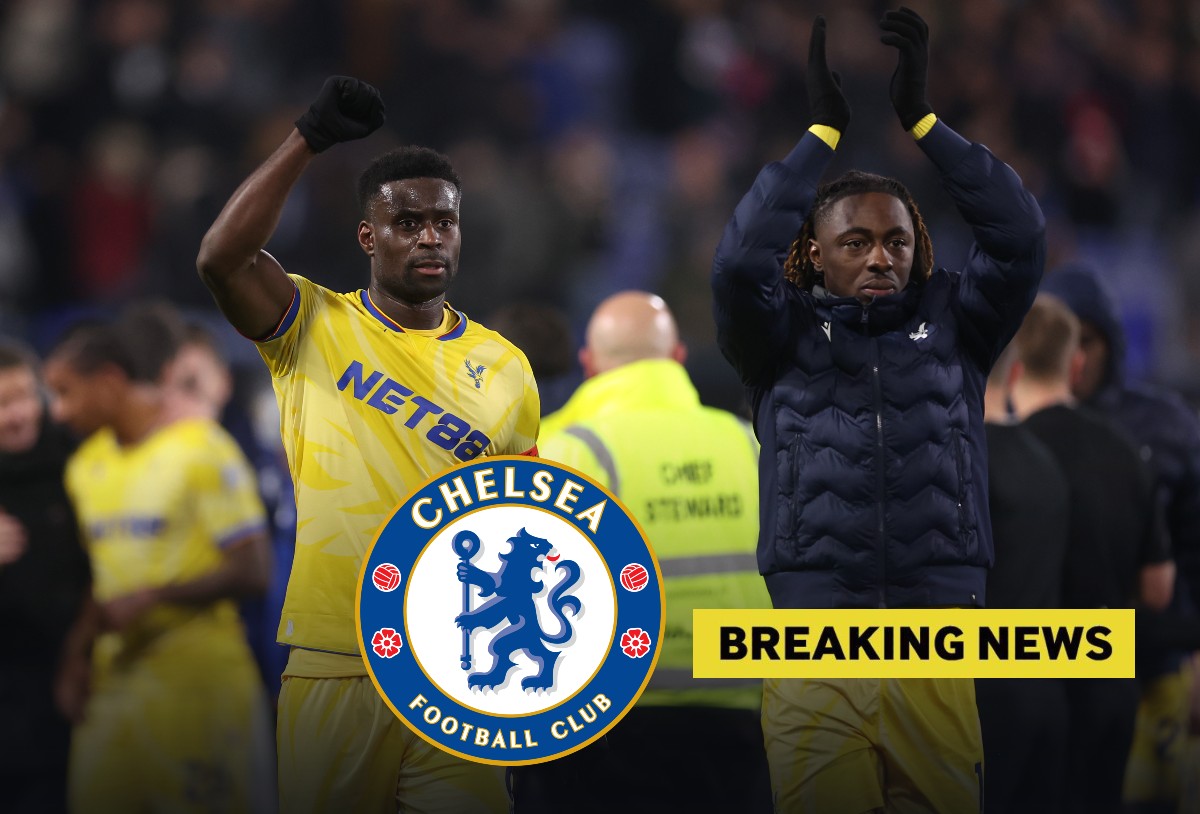

The Office of the Special Prosecutor (OSP) has cleared former President John Mahama of any bribery and wrongdoing following an investigation into the Airbus SE scandal that began in February 2020.
Briefing journalists on Thursday, August 8, 2024, Special Prosecutor Kissi Agyebeng said after an investigation, he could find no evidence to show that John Mahama or any public official received bribes from Airbus SE.
Consequently, the OSP found no evidence to suggest that Samuel Adam Foster, also known as Samuel Adam Mahama, Philip Shun Middlemert and Leanne Sarah Davies, acted as conduits for bribery between Airbus employees and former President John Mahama or any other public official.
Also, the OSP found no evidence to suggest that Samuel Adam Mahama, Philip Shun Midlar and Leanne Sarah Davies received payments from Airbus with the intention of bribing former President John Dramani Mahama or any other public official.
Furthermore, the OSP found no evidence to suggest that former President John Mahama or any other public official was paid bribes by Samuel Adam Foster, also known as Samuel Adam Mahama, Philip Shun Middlemert and Leanne Sarah Davies, in connection with the government's purchase of Ghana's military transport aircraft from Airbus,” he noted.
John Dramani Mahama, the former president and now National Democratic Congress (NDC) flag bearer, was the vice president at the time of the incident.
BACKGROUND SEARCH
The collapse of the Airbus bribery scandal
Ghana purchased three C295 military aircraft from Airbus. The country received its first C295 in November 2011. The second aircraft was received in April 2012, and the third in November 2015.
John Dramani Mahama, the former president and now National Democratic Congress (NDC) flag bearer, was the vice president at the time of the incident.
At the time, the deals covering them were said to be in line with the Ghana Armed Forces Strategic Plan 2009-2012.
All three procurements, which were approved by Ghana's parliament after heated disagreements, were widely touted by the then government as efforts to modernize Ghana's air force.
Financing for the purchase of aircraft
Funding for the first two C295s came from a €60,034,636 loan from Deutsche Bank SAE.
Parliament also approved an additional €11,750,000 million loan from Fidelity Bank Ghana Limited over the period for the purchase of two DA42 MPP Guardian surveillance aircraft for the Ghana Air Force.
Parliament also approved a total loan amount of USD 105,370,177.09 from the Brazilian Development Bank (BNDES) to purchase the Embraer E190 aircraft for the country. The Embraer contract was to cover related spare parts, related accessories, and the construction of an aircraft hangar large enough to accommodate three large aircraft.
Before approving the loan agreements in parliament, Minority Leader Osei Kye-Mensah-Bonsu condemned the deals as dubious and opaque, adding that the amounts of the agreements had been inflated by the government.
He famously presented numbers gleaned from the internet to back up his claims, but was scorned for relying solely on Google to come up with such serious allegations of wrongdoing.
One of the C295s purchased under the deal supported United Nations-led missions in Mali. The rest were purchased, the government explained at the time, to support the Ghana Air Force's strategic operations, including offshore surveillance of the country's oil fields, border patrols, pilot training and internal troop transport.
In November 2014, then President John Mahama announced that Ghana plans to purchase more military equipment, including five Super Tucanos, Mi-17s and four Z-9s, for the Ghana Air Force.
At the time, Ghanaian troops were said to have relied heavily on civilian flights and needed military aircraft to address the anomaly. Despite criticism from the opposition, the government continued to sign purchase contracts.
UK court judgment
A recent ruling by the English Crown Court in Southwark now seems to have given new life to earlier suspicions that the contracts, particularly C295, were corrupt. A decision on 21 January 2020 approved a Deferred Prosecution Agreement (DPA) between the Serious Fraud Office and Airbus SE, a subsidiary of Airbus, after an investigation revealed widespread bribery scandals in which the aircraft manufacturer breached the Bribery Act 2010 .
English law allows the SFO to defer prosecution of an organization based on an agreement between the SFO and a company or companies suspected of committing economic crime.
Such an agreement (DPA) requires a court stamp of approval to become legal and may even allow the offending authority to avoid prosecution altogether.
When deciding on such applications, the court considers, among other things, whether or not the DPA is in the public interest.
Likewise, the terms of the contract must be fair, reasonable and proportionate.
In this case, the court found that the DPA was in the public interest and that the provisions were harmonized to meet the tests of fairness, reasonableness and proportionality.
The court held that prosecuting Airbus now would, among other things, lead to massive job losses and reduce the company's stock market performance in the near or long term.
Independent estimates suggest that Airbus could easily be haemorrhaged to the tune of around £200bn in the long term if prosecuted immediately.
The judgment said the SFO's investigation revealed that Airbus, which has since agreed to pay more than £3 billion in fines, had engaged in schemes involving bribes to win lucrative contracts in countries including Malaysia, Sri Lanka, Taiwan, Indonesia and Ghana .
French and US authorities have also found similar evidence of alleged bribery involving Airbus officials and/or their agents in other countries, including Russia and China.
In the case of Ghana, the Crown Court judgment highlights instances where Airbus officials bribed or agreed to bribe middlemen with close ties to high-ranking government officials in a scheme to obtain and/or maintain government contracts. he is said to have had influence over the country's aircraft acquisition plans between 2011 and 2015.
No names were mentioned in court documents, but the time frame specified in the ruling covered some periods of the Mills-Maham era.
The first bribery agreement in Ghana involved approximately €5 million, which was disguised as a commission to an intermediary — “5. intermediary' that Airbus engaged to promote its proposal to sell two C295 aircraft to Ghana. Eventually, due process checks will be conducted. discovered the dubious arrangements and the money was not paid.
Ultimately, due process checks revealed the questionable arrangements and the money was not paid.
Subsequent approaches from Airbus were successful, resulting in Ghana buying 3 C259s through the multinational's Spanish defense subsidiaries at separate times.
The transactions were arranged through a number of intermediaries led by 'Intermediary 5', believed to be an unnamed relative of a powerful Ghanaian official who at the time was in a decision-making position on the proposed aircraft purchase contracts.
However, after an internal investigation uncovered a link between Middleman 5 and an unnamed senior Ghanaian government official, the parties devised a scheme to channel the transaction through a third-party Spanish-based company with which the company had no prior dealings. Ghana.
The Spanish company was believed to be the promoter of the proposed aircraft purchase contracts, when in fact it was only included in arrangements to circumvent due diligence requirements to give the dubious deal a clean bill of health. Following the conclusion of the deal with Ghana, which initially sold two aircraft, Airbus or its agents relied on false statements and documents to pay bribes of almost €4 million to a Spanish third party, which in turn diverted the payments to an intermediary 5. .
The payments were disguised as a commission on the contract amount. A Spanish third-party company pulled out of a subsequent deal to deliver a third C259 aircraft to Ghana. This came after Airbus brought in an external consultant to carry out due diligence. Intermediary 5's subsequent claim that Airbus owed him approximately €1.6 million under the deal relating to the third C295 was not upheld.
The DPA does not mean that Airbus and its officials are immune from prosecution for alleged crimes.
Under English law, the SFO has the power to prosecute Airbus over a period of time if it is satisfied that the company has failed to comply with the terms of the Court-approved DPA.
Indeed, the ongoing investigations mean that, while the SFO may refrain from prosecuting the aircraft manufacturer, given Airbus's co-operation to date, it may, following an investigation, prosecute those who actually paid or received the bribes complained of.
This action is likely to apply to intermediaries in Ghana and related parties. In such event, the SFO may rely on the mutual legal assistance (MLA) provisions under English law to collect the relevant fees.
DISCLAIMER: The opinions, comments, opinions, contributions and statements of readers and contributors on this page do not necessarily reflect the views or policies of LamarBlogspot. Please notify us of any inappropriate content so that we can prioritize its review.
Source link











